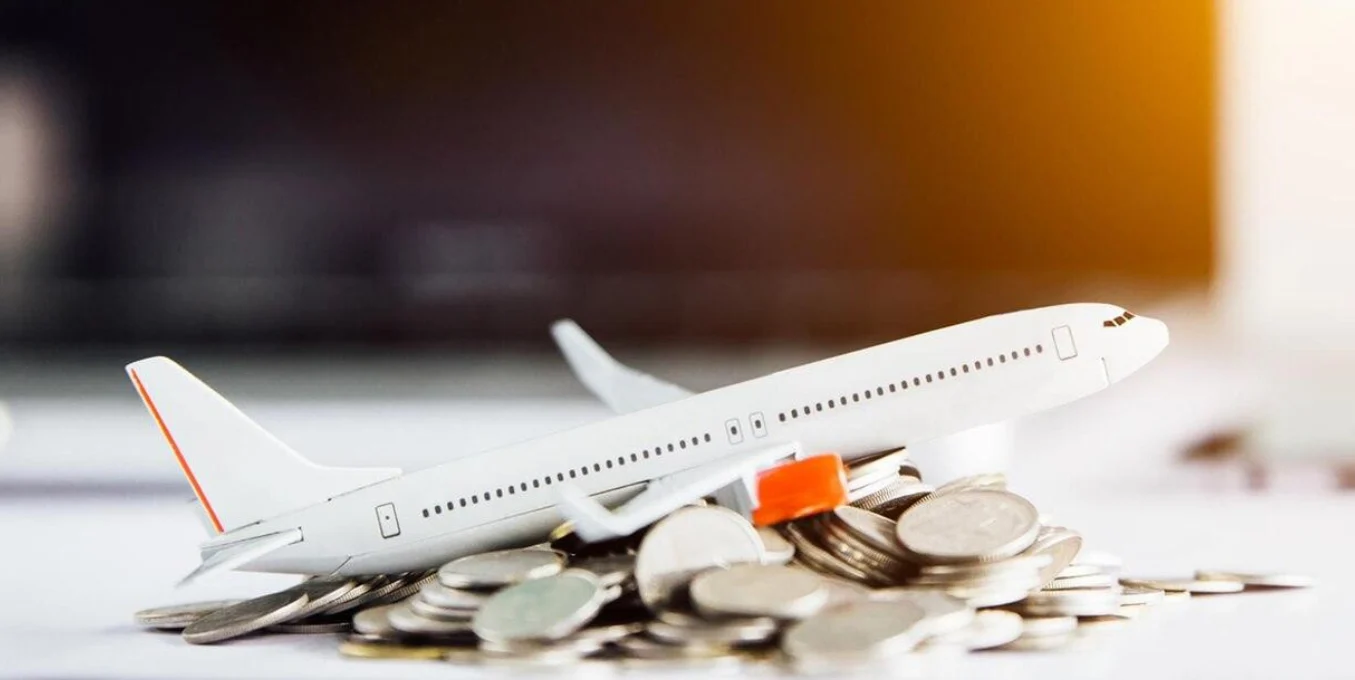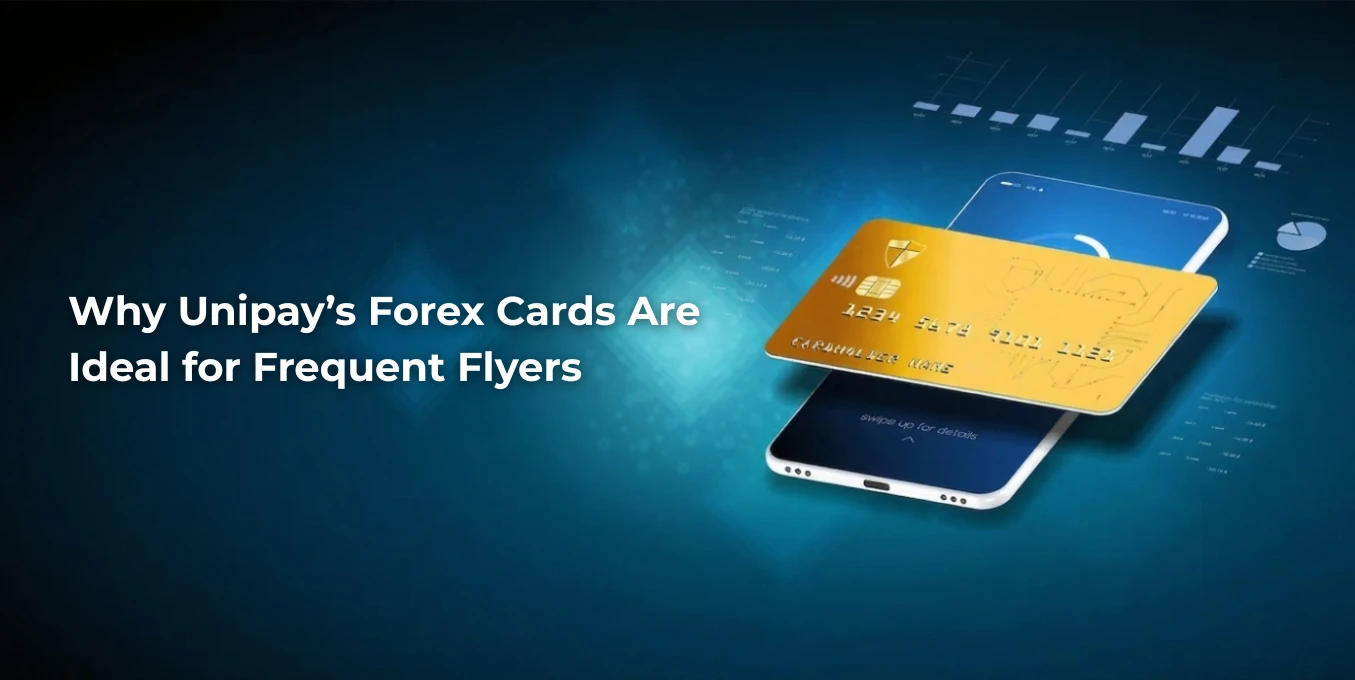Planning a foreign trip? Hope you’ve considered the most crucial aspect: risks involved in finances and proper currency risk management?
Travelling abroad can be an exciting affair, but managing your finances in between can prove to be rather tricky. Currency risk arises largely due to fluctuating rates, hidden fees, or some unknown charges, etc. Knowing currency risk and its management can help avert such cases, thus channelling more dollars to your trip.
Read this blog to learn about currency exchange risks and their management during your foreign trip. You will also get the best tips to manage your foreign currency exchange transactions.
Top 10 Currency Risk Management Tips
Here are some clear and straightforward tips to help you manage currency exchange risks effectively:
1. Understand Exchange Rates
Exchange rates determine how much local currency you get for your money. They change all the time, sometimes even by the hour. Bad rates can leave you with less to spend. Avoid exchanging money at airports or tourist spots, where rates are usually poor and fees are high.
Currency Risk Management Tip:
- Monitor recent currency exchange rates using trusted platforms. You will notice that their rates update every few seconds, giving you a better deal. Unipay Forex is one of the safest currency exchange platforms. Get connected with us for secure Forex transactions.
- Exchange small amounts gradually to take advantage of favourable rates.
2. Watch Out for Credit Card Fees
Credit cards are handy for payments abroad, but they can come with extra charges. If you opt to pay in your home currency, you might be hit with foreign transaction fees or bad rates.
- Foreign transaction fees can range from 1% to 3% of the purchase amount.
- Dynamic currency conversion, where you are charged in your home currency, often results in poor rates.
- Failing to inform your bank can lead to fraud alerts or declined transactions.
What to Do:
- Use credit cards designed for international travel, which have no foreign transaction fees.
- Always pay in the local currency instead of your home currency.
- Notify your bank about your travel plans to prevent issues like declined transactions.
3. Use Prepaid Forex Cards
Prepaid forex cards make excellent financial tools that helps mitigate currency exchange risks. You can load money on them in advance, locking in your preferred exchange rate. They provide security from robbery and theft better than cash. They function almost exactly like debit cards, allowing you to purchase items or withdraw cash on the go.
Pro Tip:
- Keep just a small amount of cash handy for emergencies. Your forex card should serve as the main source of money for you.
- Unipay Forex provides an effortless way to purchase Forex online at competitive rates with complete security and a huge range of currency choices. Their multi-currency forex card accommodates so many currencies-that include-dollars, euros, pounds, yen, and others-making it easy for you to manage your finances while traveling to several destinations at once.
4. Diversify Payment Options
Never rely on a single payment method-another card or cash. Put simply, it will leave you high and dry if something goes wrong. Cards do not work in many places, especially rural or remote ones. Cash can be very useful for small purchases like buying snacks or tickets.
Currency Exchange Risk Tip:
- Use a mix of payment options like Forex cards, credit cards, and cash.
- Keep your cash and cards in separate places to avoid the risk of losing all your funds at once.
5. Be Cautious with ATMs
ATMs are convenient but come with their own risks. Some foreign banks may charge extra transaction fees, and your home bank might add its own charges. Using a credit card for ATM withdrawals often results in cash advance fees.
What to Do:
- Check your bank’s ATM fees for international withdrawals.
- Withdraw large amounts at once to reduce the number of transactions.
- Look for ATMs associated with your bank’s network to minimize charges.
6. Get Travel Insurance
Travel insurance isn’t just for medical emergencies. It can cover currency-related losses from stolen cash, cards, or prepaid forex cards. Some policies also cover trip cancellations and other unforeseen expenses.
Risk Management Tip:
- Choose a policy that includes currency-related protections.
- Carry a digital copy of your policy details while travelling.
7. Avoid Unreliable Exchange Places
Not all exchange service providers are reliable. Airport kiosks (touch-screen devices allowing passengers to self-check, print boarding passes, select seats, and pay using debit or credit cards) and street vendors often give poor rates, hidden fees, or worse, fake notes. Scams involving counterfeit currency are common in some destinations.
What to Do:
- Use reliable providers like Unipay Forex for transparent and competitive rates.
- Compare rates online before exchanging money.
- Always count and check your cash after exchanging.
8. Plan Currency Exchanges Early
Last-minute currency exchanges usually cost more. Airport rates are typically expensive due to convenience fees. Advanced planning allows you to secure better rates.
Pro Tip:
- Use rate alerts to lock in favourable exchange rates before your trip.
- Exchange enough currency for your initial expenses, such as transport and meals, ahead of time.
9. Stay Safe From Scams
Tourists are common targets for scams. Some scammers may offer attractive rates but hand you counterfeit money instead. They rely on travellers’ unfamiliarity with local currency.
How to Stay Safe:
- Stick to licensed money changers or forex providers like Unipay Forex.
- Learn what the local currency looks like to spot fake notes.
10. Keep Traveler’s Checks as a Backup
While less popular today, traveler’s checks remain a secure option. Traveller’s checks aren’t as popular now but are still a safe backup option. They can be replaced if lost or stolen. However, they are not widely accepted and may come with fees.
What to Do:
- Use traveler’s checks only as a last resort.
- Check if they are accepted in your destination country before relying on them.
Key Takeaways
Before You Travel:
- Research the currency and exchange rates of your destination.
- Update your bank and card details about international transactions.
- Plan your payment methods and bring a mix of cash, cards, and forex solutions.
During Your Trip:
- Keep your important documents and payment options in separate places.
- Keep a digital copy of all the documents.
- Track your spending to stay within budget.
After Your Trip:
- Exchange leftover currency back to your local currency to avoid further losses.
- Check your card statements for any unexpected fees.
Why Currency Risk Management Is Important
Currency risk management involves making proper decisions so our money stays safe from surprises. Prepaid forex cards, fide exchange services, and travel insurance are among the tools at the traveler’s disposal to hedge against currency-exchange risks. Preparedness enables one to enjoy a vacation free from concerns about rate fluctuations or hidden fees. Let good memories of travel be worth more than money. Talk to our consultants for more information.




